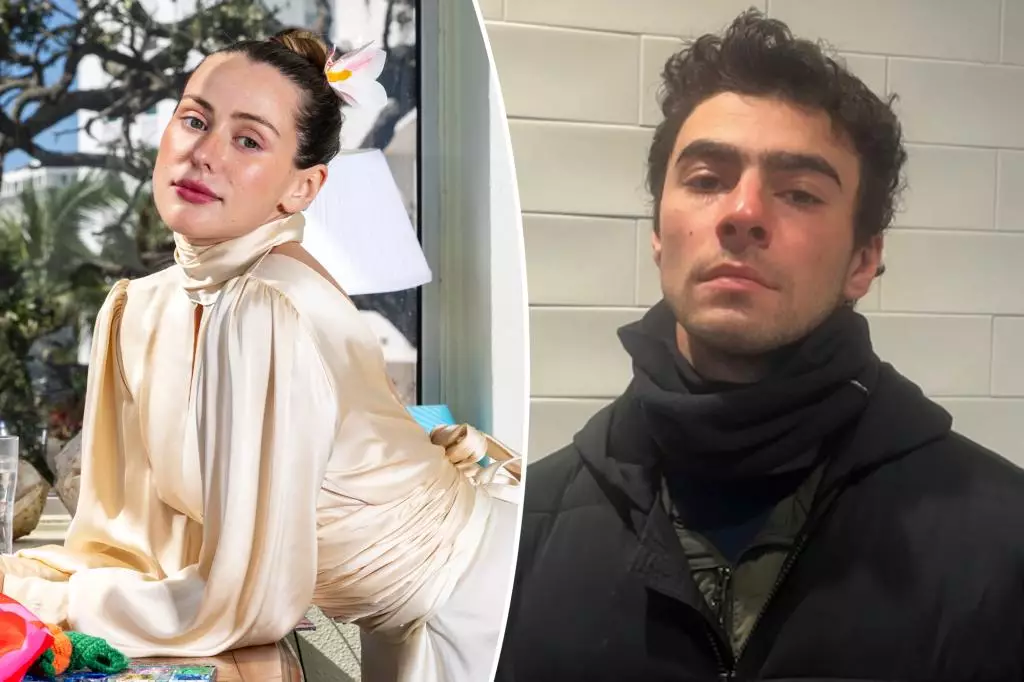Caroline Calloway, a figure synonymous with controversy in the realm of social media, has once again captured the public’s attention with a striking claim. Recently, she took to her Instagram Stories, seemingly alleging that she had a past romantic encounter with Luigi Mangione, a figure alleged to be involved in the murder of a UnitedHealthcare CEO. This sensational revelation, whether genuine or a mere product of Calloway’s characteristic theatrics, raises questions about her motives and the nature of her online persona.
Calloway’s post included highlighted screenshots of a conversation discussing the encounter, cryptically punctuated by a comment about lying “face down on the floor.” This behavior is consistent with her modus operandi of attracting attention through shock value. Known for her tumultuous journey to influence, Calloway first garnered fame through her accounts of life at Cambridge University. However, her rise has been marred by colorful allegations of deception, including claims surrounding a book deal that never materialized and workshops that largely failed to take off.
Her habit of controversial self-promotion begs the question: is this recent claim another ploy to resurrect her fading relevance? The social media influencer landscape is crowded and fiercely competitive, prompting figures like Calloway to resort to increasingly unorthodox methods of maintaining visibility.
Calloway’s evolution from social media darling to a self-designated “scammer” reveals a complex interplay of charisma and manipulation. Her previous endeavors included marketing a questionable homemade beauty product that she branded as “Snake Oil.” Such dubious marketing ventures have culminated in a public persona steeped in mistrust, especially after it was revealed that much of her captivating narrative may have been written by a former friend, Natalie Beach.
The release of her confessional book, “Scammer,” serves as both a self-reflective narrative and a continuing saga of her quest for redemption—or perhaps, sustained notoriety. Calloway embodies a duality; she is an object of fascination and scrutiny, blurring the line between authenticity and performative deception.
In a curious parallel, Calloway is not alone in her quest for relevance via infamous connections. Reports suggest that other influencers are also leveraging Mangione’s notoriety, tagging him to gain visibility through association. This trend reflects a broader phenomenon where the dark and sensational aspects of social media culture become a currency for engagement.
Such behavior raises ethical questions about the lengths to which individuals will go to remain in the limelight. Is Calloway’s approach reprehensible or merely a savvy navigate of an unpredictable digital landscape? While her antics may provoke a mix of outrage and intrigue, they also highlight the complexities of influencer culture—where the boundaries of reputation, truth, and engagement continually shift.
Caroline Calloway’s latest claims serve as a stark reminder of the volatile relationship between notoriety and influence in the social media arena. As she continues to push the limits of attention-seeking behavior, the question remains: will her strategy lead to an enduring legacy or a fleeting moment of infamy? In the age of digital storytelling, the lines between fact and fiction blur, leaving audiences to decipher the truth embedded within the layers of provocation.

